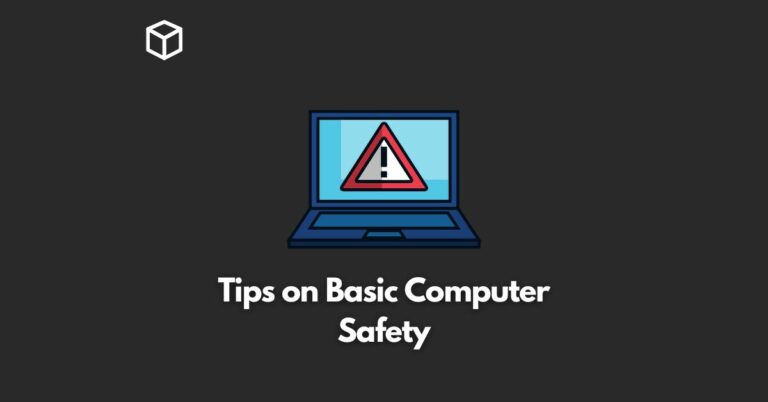Cyber security is a critical aspect of today’s digital world, as more and more of our personal and professional lives are conducted online.
Cyber security engineers play a vital role in protecting organizations and individuals from cyber attacks and breaches.
In this article, we will explore the role of a cyber security engineer, the education and training required to become one, the skills and qualifications needed, and the career opportunities and growth in the field.
Education and Training
Becoming a cyber security engineer requires a combination of education and training.
The most common educational path is to earn a degree in computer science, computer engineering, or a related field.
However, it’s also possible to enter the field with a degree in a non-technical field, as long as you have the necessary skills and qualifications.
In addition, certifications such as Certified Information Systems Security Professional (CISSP) and Certified Ethical Hacker (CEH) are highly valued by employers.
There are many universities and training programs that offer cyber security courses. Some popular options include Stanford University, MIT, and Carnegie Mellon University.
Additionally, there are many online courses and bootcamps that can provide the necessary training to enter the field.
Skills and Qualifications
To be a successful cyber security engineer, you will need a strong set of technical skills.
These include knowledge of programming languages such as Python and C++, as well as experience with network security and cryptography.
Additionally, you will need to have a solid understanding of computer systems and networks.
Soft skills are also important for the role, such as strong problem-solving abilities and the ability to communicate effectively with non-technical colleagues.
Relevant certifications such as CISSP, CEH, and CompTIA Security+ can demonstrate your knowledge and skills to potential employers.
Job Duties and Responsibilities
As a cyber security engineer, your main responsibility is to protect the organization and its customers from cyber threats.
This includes tasks such as penetration testing, incident response, risk management, and compliance.
You will also be responsible for monitoring systems and networks for suspicious activity, and for implementing security controls to prevent and detect cyber attacks.
Cyber security engineers work with a variety of systems and networks, including cloud-based platforms, IoT devices, and traditional on-premises systems.
Career Advancement and Growth:
The field of cyber security is constantly evolving, providing plenty of opportunities for career advancement.
As a cyber security engineer, you may progress to roles such as security architect, security manager, or chief information security officer (CISO).
To stay current in the field, it’s important to continue your education and professional development.
This can include earning additional certifications, attending industry conferences and events, and staying up-to-date with the latest security trends and technologies.
Conclusion
Cyber security is a critical field that is essential to the functioning of modern society.
Cyber security engineers play a vital role in protecting organizations and individuals from cyber attacks and breaches.
To become a cyber security engineer, you will need a combination of education and training, as well as strong technical and soft skills.
The field offers many opportunities for career advancement and growth, and it’s important to stay current with continuing education and professional development.
If you’re interested in a career in cyber security, consider researching the various educational paths and certification options available to you.
As a final note, resources such as the Center for Internet Security (CIS), ISACA, and the International Association of Computer Science and Information Technology (IACSIT) are great platforms to keep updated with the latest trends, news and developments in the field of Cyber Security.




